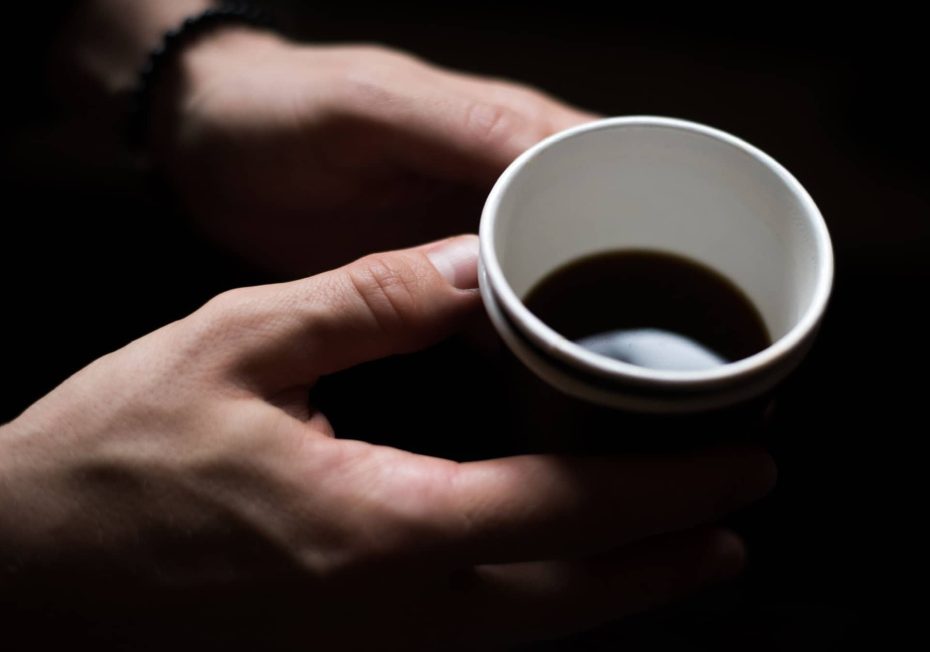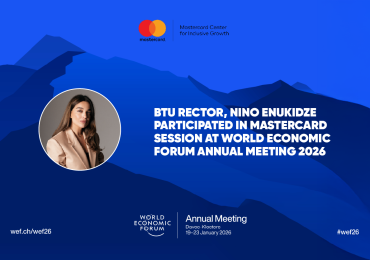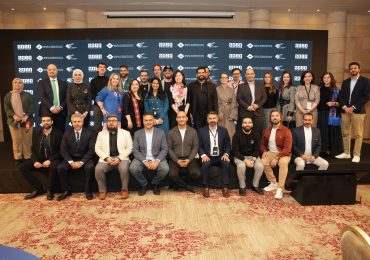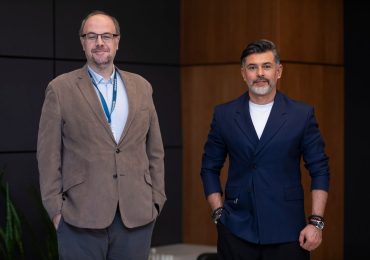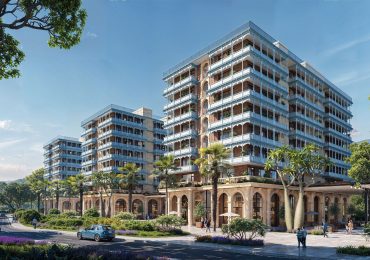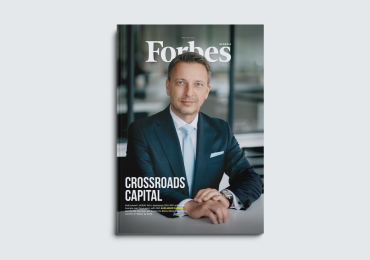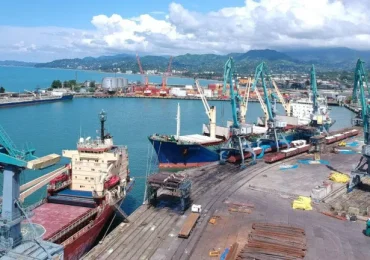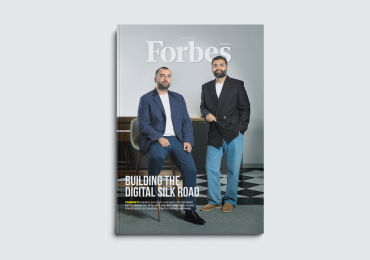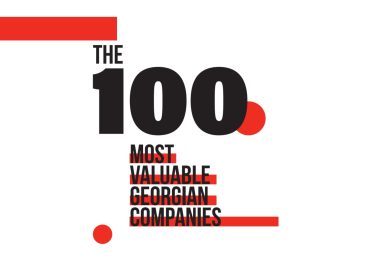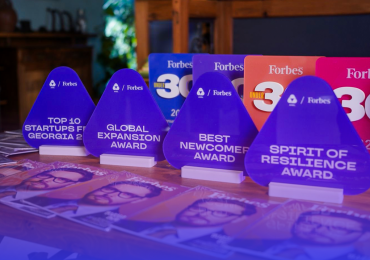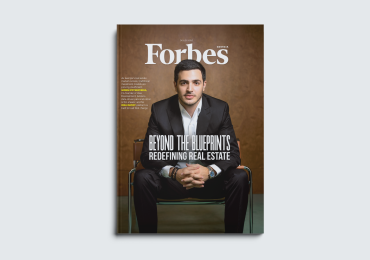Specialty Coffee: A New Global Trend in the World of Hedonism Specialty coffee refers to coffee grown in ideal unique climate conditions, using sustainable farming practices, and carefully harvested and processed to ensure optimal flavor and quality. It is roasted to highlight the unique characteristics of each single-origin coffee and brewed using different methods to bring out its best test and flavor
Today, the specialty coffee culture is rapidly developing in European and Asian countries, including Georgia. One expert who is at the forefront of this trend is Alexey Nagibin. With over ten years of experience in the specialty coffee market, he has developed barista training programs and a systematic approach to assessing coffee quality. Nagibin is committed to pursuing perfectionism in developing the potential taste of coffee, and he has created Barista University and a new philosophy for the consumer society, “Hedonism & Sustainability.” His plans aim to bring the prestige of the barista profession to the level of Michelin-starred chefs and make the specialty coffee industry an excellent example of a sustainable culture for humanity.
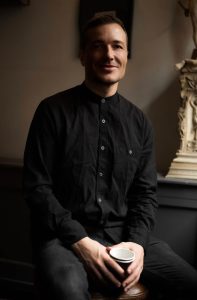
Can you talk about the current demand for specialty coffee both in Georgia and around the world?
Demand for specialty coffee is growing all over the world, which is also reflected in Georgia’s growing coffee industry. While coffee consumption in Georgia remains relatively low compared to more developed countries, at only 1.3 kg per person per year, specialty coffee is rapidly gaining popularity. This is not due to a sudden increase in income levels, but rather to a long-standing cultural recognition of the enjoyment of life shared by many Georgians. Georgians’ passion for gastronomically outstanding foods in life is similar to the French, who are known for their hedonistic lifestyle.
Specialty coffee culture is becoming increasingly popular among younger generations Y and Z, in part because it is in line with current global trends. In addition, as consumers become more health conscious, specialty coffee offers a range of options to suit their needs. It meets all the current global trends: it is alcohol-free, vegan, gluten-free, lactose-free, and sugar-free, which makes it an almost iconic product for people who care about their health.
You have more than ten years of experience in the specialty coffee industry. Can You provide an overview of the project you’re working on?
I opened my first coffee shop on July 4, 2016. Then I began to drink to myself and I set a goal for myself in five years to carry out international expansion with my project. Prior to that, I worked for six years as a development director for one of the world’s largest chains of specialty coffee shops. Today, the Coffee Collective project includes several coffee houses, a pastry shop, and a barista university. The brand is widely known and respected in the specialty coffee community around the world.
My company operates outside the traditional model of capitalist consumerism.
We are a new green company that prioritizes the subculture of conscious consumption and the philosophy of hedonism and sustainability. We recognize that the Earth’s resources are limited and strive to operate in an environmentally sound manner, using resources to the fullest. This approach allows us to create unique and enjoyable experiences for our guests, who appreciate the care and attention we put into our work.
Hedonism & Sustainability – what is the philosophy? Can you elaborate?
Our project revolves around the idea that the Coffee Collective is people. This is reflected in our mission to create joyful moments in people’s lives, bringing delicious taste and genuine happiness. I often ponder the idea of human existence on this planet, and while there may be many interpretations, I am sure that humans were created to be happy. Enjoying life and savoring its taste through a superior taste experience is an essential part of that happiness.
Earth is not just a collection of countries and territories; This is our home and should be treated with care. As intelligent beings, we can work together, but we are also responsible for the health of our planet. Our philosophy of hedonism and sustainability is to bring people together to inspire conscious consumption leading to a better future
for ourselves and the Earth. Through specialty coffee, we aim to spread the concept of hedonism and sustainability and set an example for others.
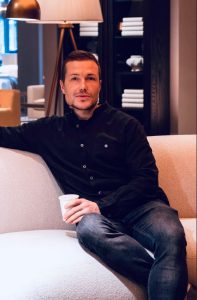
How did the idea to create a barista university come about, and what do students study there?
We founded a barista university to teach the principles of Hedonism & Sustainability, which require knowledge and experience. Our baristas are passionate about coffee and educated in its history, the process of making a perfect cup, and building a culture of respect. We use sustainable and ethical coffee beans to create a unique and memorable experience for our guests.
The university offers fundamental knowledge about specialty coffee, including its peculiarity and the role of humans in each step, from sprout to cup. Students also learn fundamental skills such as coffee sensory, basic espresso skills, espresso-based drinks, and alternative brewing skills. Additionally, there is a significant focus on service, including the ability to describe coffee and present it to guests.
The university emphasizes implementing sustainability principles, and students learn how to embody the unique notes of the Earth in their products. Our baristas are designers of happiness and guardians of hedonism. A contemporary artist with Georgian roots Gleb Solntsev, said, “Every person carries a piece of God in himself, and meeting with everyone is an event!” We believe that the daily meeting of people in a coffee shop is about this idea and strive to embody it in our service.
Have you received any offers to sell the Collective, and are you currently considering the possibility of selling it?
We have received offers to sell the Collective, including requests for several million dollars to turn it into a large coffee chain. However, this goes against our philosophy of organic development, even though it could positively impact our mission. The situation is complex: on the one hand, such growth opportunities can be like steroids, providing immediate effect but potentially harmful in the long run. Therefore, we must approach proposals cautiously, focusing on our long-term goals and mission. On the other hand, accepting big money can benefit our mission and society.
If we decide to consider such proposals, we will prioritize the mission of the Collective over personal gain. We are open to investments and franchising opportunities, but only for those who share our passion for the Collective and want to be part of it. S

